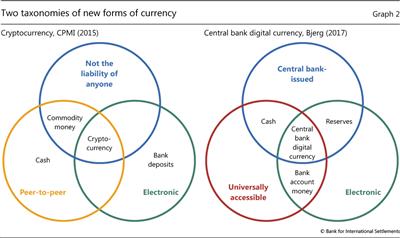Compare And Contrast Insurance Gambling And Speculation
The primary difference between investing and speculating is the amount of risk undertaken. High-risk speculation is typically akin to gambling, whereas lower-risk investing uses a basis of.
- Lesson 1: basic principles of life and health insurance and the insurance industry Insurance provides protection from the exposure to hazards and the probability of loss. Risk is defined as the possibility of loss or injury, and insurance is concerned with the degree of probability of loss or injury.
- The most important difference between investment and speculation is that in investment the decisions are taken on the basis of fundamental analysis, i.e. Performance of the company. On the other hand, in speculation decisions are based on hearsay, technical charts and market psychology.
ADVERTISEMENTS:
Taylor’s principles of scientific management and Fayol’s principles of management are mutually complementary. Both of them evolved their principles through practical experience and brought them forward to the world through their books.
Both of them realized the importance of management in industrial progress. As a result, they endeavoured to develop a rational and systematic basis of management. However, the two pioneers differ from each other in the following aspects.
1. Taylor’s principles and techniques are relevant mainly with respect to production activities. As he focused his attention on factory management, as a result, his principles are directly applicable at the shop floor. Whereas Fayol’s principles have wider relevance in functional areas and his principles can be applied to all kinds of activities.
ADVERTISEMENTS:
2. Taylor called his philosophy ‘scientific management’ whereas Fayol described his approach as ‘General administration’.
3. Taylor’s principles and techniques aimed at improving productivity of labour and following on workers’ efficiency. Whereas Fayol focused on achieving managerial efficiency.
4. Taylor looked at the management from supervisory viewpoint and suggested principles with bottom upward approach. On the other hand, Fayol analysed management from the angle of top management based on top downward approach.
A comparison between the contributions of the two pioneers helps us to conclude that Fayol’s theory is more widely applicable than that of Taylor’s and has stood the test of time. However, Taylor’s contribution to management is also very significant as it lends a scientific touch in solving managerial problems.
ADVERTISEMENTS:
Related Articles:- Notes on Henri Fayol’s 14 principles of management
- Essential Principles of Management (7 Principles)
- Notes on Principles of Scientific Management Theory
- Comparison between Plan and Planning Management
1.4.1 Speculative and Pure Risks
Insurance provides protection from the exposure to hazards and the probability of loss. Risk is defined as the possibility of loss or injury, and insurance is concerned with the degree of probability of loss or injury. We're now going to unravel the complexity of speculative risks and pure risks.
Risk = Possibility of loss

Insurance = Probability of loss
Only pure risks are insurable because they involve only the chance of loss. They are pure in the sense that they do not mix both profits and losses. Insurance is concerned with the economic problems created by pure risks. Speculative risks are not insurable.
Both speculative risk and pure risk involve the possibility of loss. However, speculative risk also involves the possibility of gain as well - even if there is no loss. In order to understand why, you will need to understand the difference between the two.

Investing in the stock market is an example of a speculative risk. One can only speculate on whether the investment will produce a profit or a loss. Insuring an automobile is an example of pure risk. If the insured auto is involved in an auto accident, there is most definitely going to be some sort of damage (loss). On the other hand if no accident occurs, there is no possibility of gain. And that's the difference.
Speculative risks involve the possibility of loss and gain.
Pure risks involve the possibility of loss only.